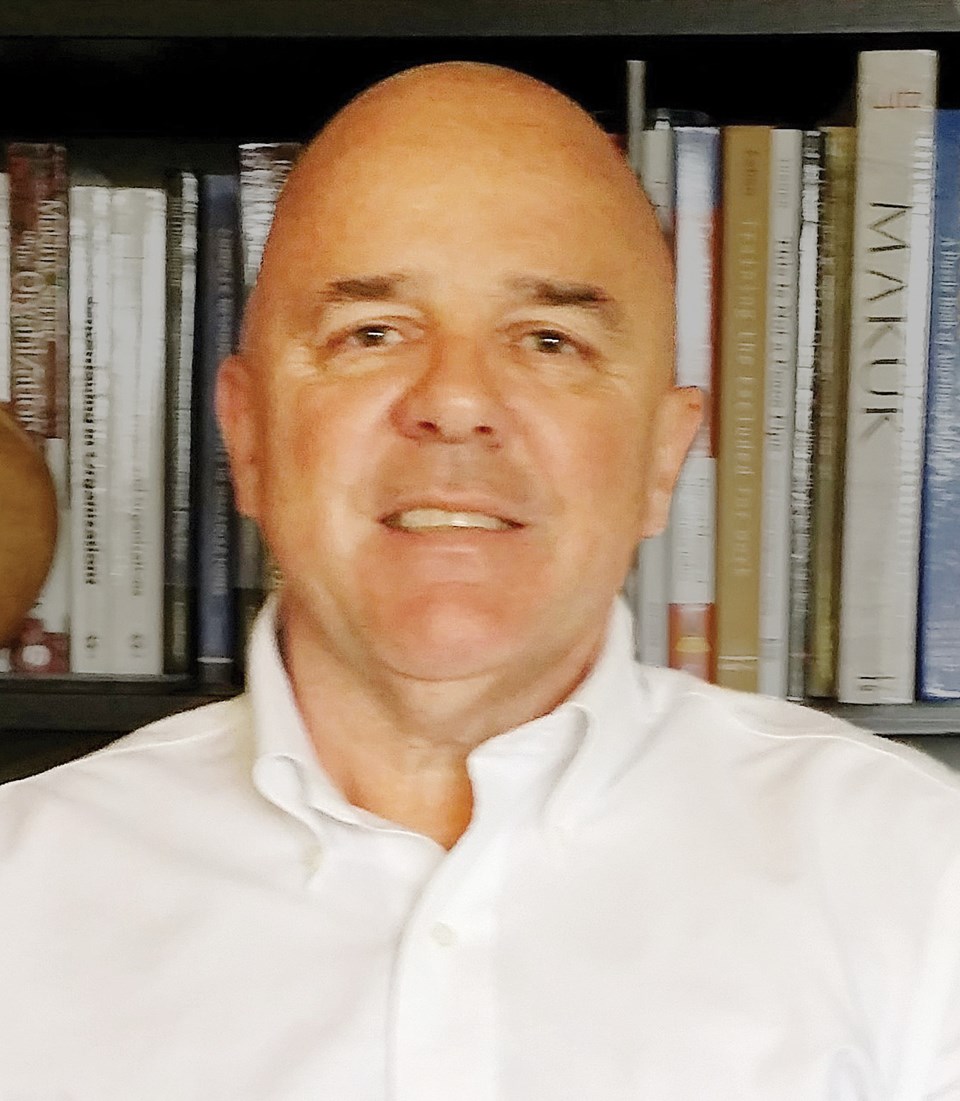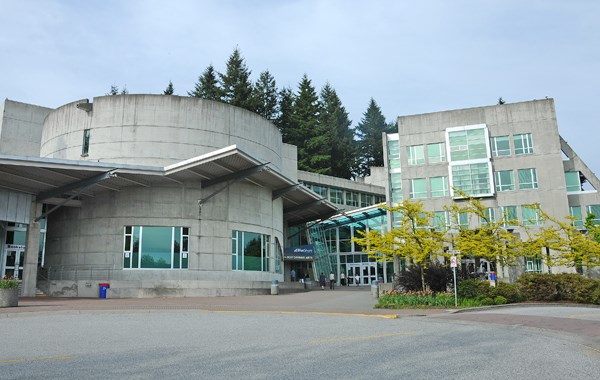Capilano University business instructor Rick Colbourne has been awarded the Fulbright Canada Scholarship to conduct research in indigenous entrepreneurship and entrepreneurial ecosystems at the University of Arizona.
“Personally, it’s quite an honour,” said Colbourne, a resident of Edgemont Village. He was speaking via telephone from his new office in Tucson. “The University of Arizona is a leader in looking at indigenous issues, globally. There are a lot of experts here, so it’s a really great place to be.”
The award is handed out each year by the Foundation for Educational Exchange between Canada and the United States of America. According to Colbourne, the idea of the program is to bring “thought leaders” from different areas together to share knowledge. He is one of 16 Canadian scholars that will now travel to host universities across the U.S.A. In exchange, Canadian Universities will receive 26 visiting American scholars.
“The point of the Fulbright is that you come back to your home community and you share that knowledge,” he said. “The research I’m doing here keys into the research I’m doing in Canada, and also keys in with international research that I’m doing with international partners.

The goal of Colbourne’s research is to determine what factors are preventing indigenous communities from providing the same opportunities for entrepreneurship that exist in non-indigenous communities.
“When we look at entrepreneurial ecosystems in non-indigenous situations, they are fairly well organized; it’s easier to get funding, you’ve got access to education, venture capitalist networks, etc.” he explained. “When you look at indigenous communities, you don’t have any of that. My research looks at what do the communities have, and what are the kind of mechanisms here in the U.S. that tribes and communities use to support entrepreneurship from an indigenous perspective.”
This is a field that has not received very much attention, according to Colbourne; however, he feels that attitudes are beginning to shift. World leaders are beginning to acknowledge that there is work to be done to create the conditions for indigenous communities to live sustainable and healthy lives.
“This has been a turning point year (in Canada) with (Prime Minister) Trudeau coming in,” said Colbourne. “He has said we need to have a new relationship with aboriginal people in Canada. The question is, how we make sure that these communities stay connected to tradition and culture, while still making sure that they have opportunities within their communities.”
Colbourne’s Fulbright residency officially begins later this month when school recommences. During his time in Arizona, he has been commissioned to design an indigenous entrepreneurship course for the school.
“This is what I want to be doing,” he said. “For Fulbright to be giving me that opportunity, I feel very privileged, I don’t take it for granted.”



